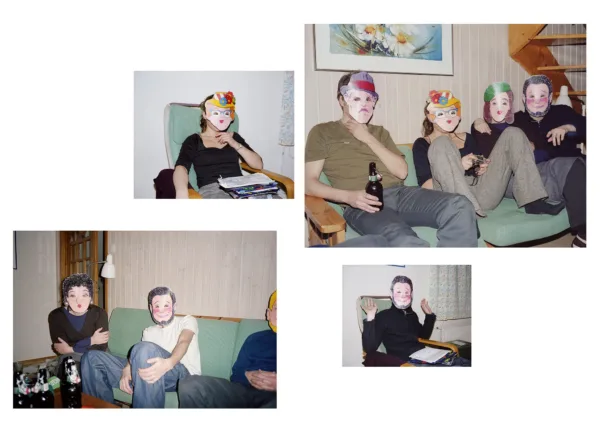Research is an integral component of the learning culture at the Royal Academy of Art (KABK) The Hague. Research has gained increasing importance in artistic and design practices in recent decades. The 21st century artist or designer is what philosopher Donald Schön has called ‘The Reflective Practitioner’ in his seminal 1983 book with the same title. This means that their expertise should include an understanding of their artistic position and how their work relates to the world and to the work of others. Conducting and sharing research is central to that competence.
There is a strong focus on research within the study programmes at the KABK. Research is also conducted by tutors at the KABK. The two lectorates ( Lectorate Art Theory & Practice and Lectorate Design ) play an important role in nurturing and coordinating research by tutors and in developing the research aspect in the curricula.
The particular complexion of research at the KABK is characterised by its intensive collaboration with Leiden University. Through these activities the KABK hopes to contribute to the discourse and practice of research-driven art and design. The outcomes of research by students and staff are shared through multiple channels including exhibitions, performances, publications, and symposia.
Three types of research
At the KABK three different types of research can be distinguished:
- Research into art or design, such as art or design history, musicology, and (reception) aesthetics.
- Research for or for the benefit of artistic or design practice, such as the development of new technology, form and material research and research into themes of public relevance.
- Research in and through art or design, i.e. research by artists (artistic research) and designers (design research, research through design) in and by means of the artist’s or designer’s own work and practice.
Artistic research
Artistic research is a relatively young discipline that was born in response to an increasing engagement of both artists/designers and theorists with the theoretical aspect of artistic or design practice and the cognitive function of the art or design work: art and design as a way of learning about reality. Artistic research is distinguishable from other forms of academic research by the central role of artistic or design practice.
Research questions derive from the artistic or design practice of the researcher, research methods are characterised by the use of artistic or design practice and materials, and the results of the research projects contribute to both artistic or design practice (on an individual as well as on a more general level) and to the growing body of artistic academic discourse. Because artistic research is carried out by artist/designer-researchers this produces knowledge, experiences and understanding that cannot be obtained by any other means. These qualities are manifest in the art works, design outcomes and the artistic practices themselves.






